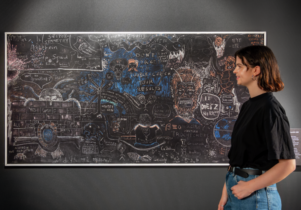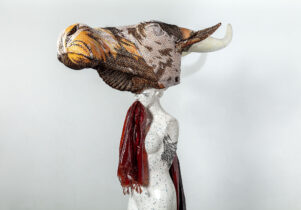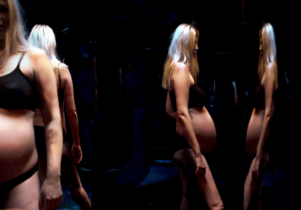Aliza Nisenbaum at Tate Liverpool
Sara Jaspan, Exhibitions Editor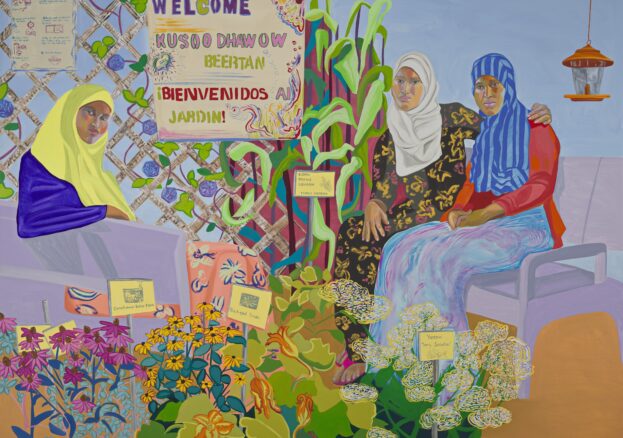
Aliza Nisenbaum started her career as an abstract painter but began painting people in 2012 during a residency at Tania Bruguera’s Immigrant Movement International project space in New York, where she met and became close friends with many of her sitters – mostly undocumented immigrants from Mexico and Central America. Since then, she has risen to international attention for her group and single-person portraits, such as of the Minneapolis Institute of Art workforce – from the museum’s owners to the cleaners – and its nearby Somali and Latino community. More recently, she created a large-scale mural of the Transport for London team at Brixton station, as part of Art on the Underground 2019. Each work is developed over the course of many hours of intimate conversation and close observation. ‘Paying attention can be a political act,’ the artist is often quoted as saying.
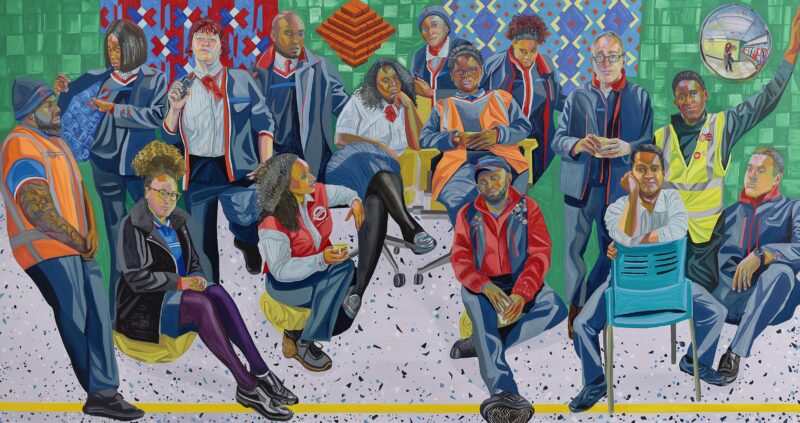
Now, the Mexican born artist is working on a special commission for Tate Liverpool, which will go on public display in December. Nisenbaum initially intended for the project to focus on the city’s allotment growers, continuing her interest in the themes of assembly and how different communities come together. But since the arrival of Covid-19, her plans have changed. Responding to the shift in which jobs are now considered ‘essential’, she will instead create a body of work based on series of portraits of people from Liverpool who have been key workers and frontline responders during the crisis, including supermarket employees and members of the Liverpool Royal Hospital and Alder Hey Children’s Hospital staff. Due to the current situation, the process is being carried out remotely, with Nisenbaum meeting each of her sitters over Zoom (a medium she has found ‘surprisingly intimate’) and painting from photographs.
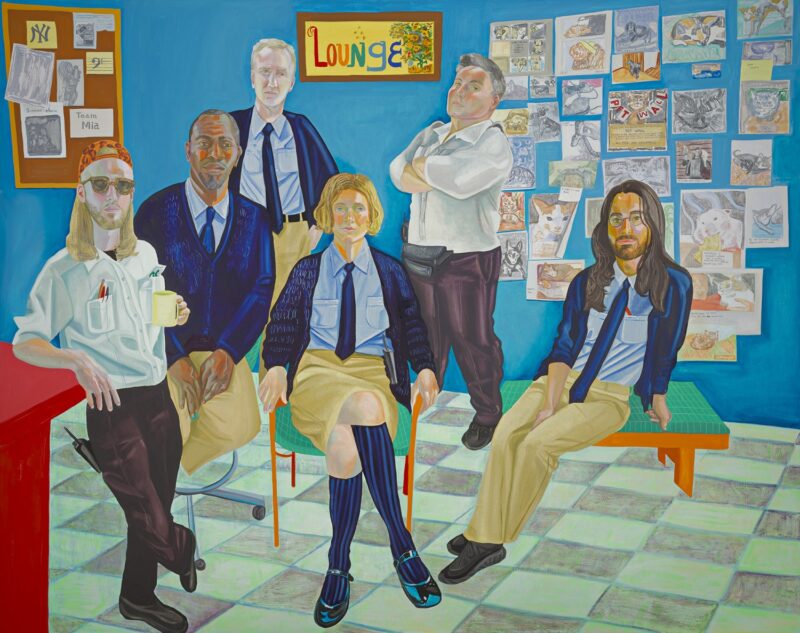
Nisenbaum’s practice is strongly influenced by the Mexican mural movement and its depiction of social history. While entirely different in its frame of reference, her commission for Tate Liverpool looks set to powerfully echo aspects of the tradition, documenting the faces and stories of some of those that have lived through this currently evolving chapter in both the city and the world’s history; addressing the political through the personal.













